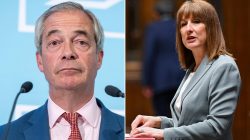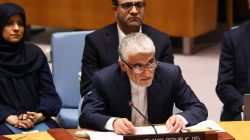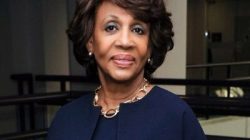President Donald Trump’s move to increase tariffs on Australia’s steel exports twofold is described as “self-destructive economics” by Anthony Albanese, prior to what is anticipated to be a direct encounter between the two heads of state.
The US president intends to raise tariffs on imported steel from 25 to 50 percent to “enhance protection” of the local industry.
This shift might affect as many as 100,000 Australian jobs, considering the industry exported over $414 million worth of goods to the United States in 2024.
Tolong support kita ya,
Cukup klik ini aja: https://indonesiacrowd.com/support-bonus/
The Prime Minister is scheduled to participate in the G7 summit in Canada during mid-June, potentially engaging in discussions with Mr Trump on the margins of the event.
However, a meeting has not been scheduled yet.
Mr Albanese faces pressure to obtain an exception for Australia’s goods.
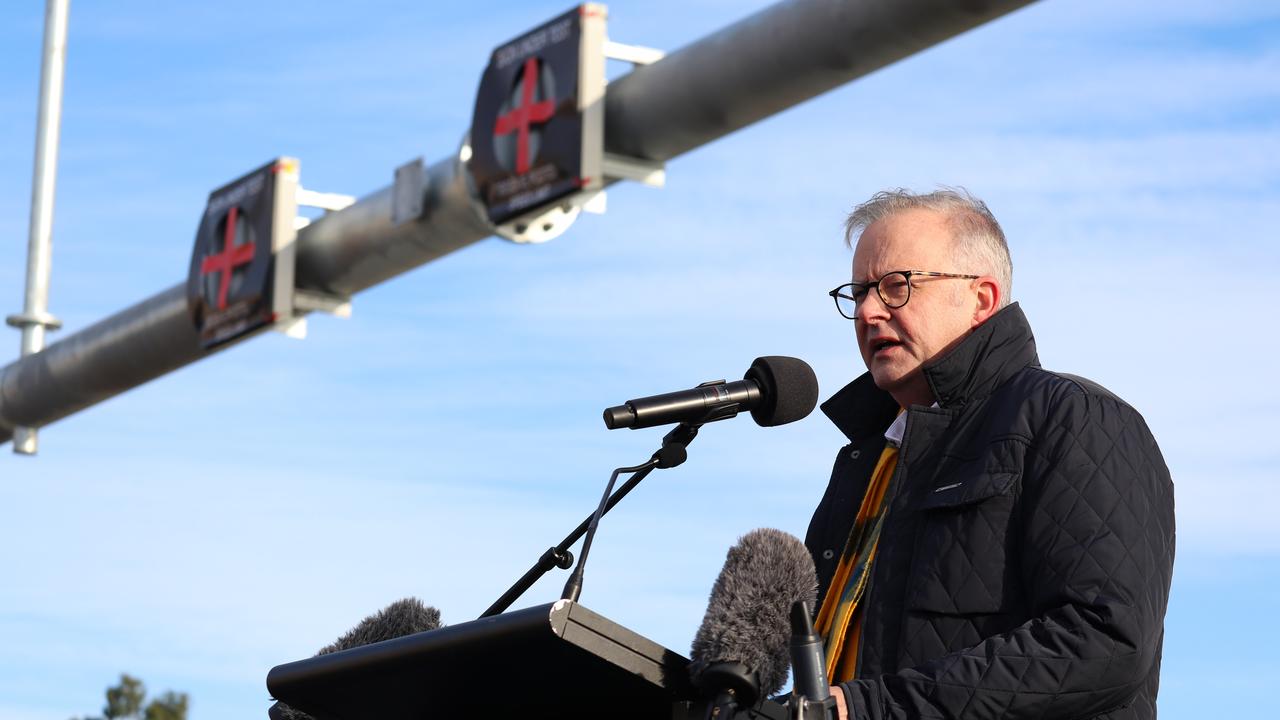
“This is an act of economic self-harm by the United States that will raise costs for American consumers,” he said to journalists in Hobart on Sunday.
This will only add to the expense for American consumers.
That’s why this was an unsuitable move by the Trump administration.
The opposition’s spokesperson for finance, James Paterson, stated that Australia should “strongly protect” the global free trade framework, which has been advantageous for the country.
Mr Albanese needs to convince Mr Trump that the tariffs are especially unwarranted for Australia because of the trade surplus the United States enjoys, he noted.
Senator Paterson emphasized that it’s crucial for the Prime Minister to approach this with respectfulness yet also be firm.
Trade Minister Don Farrell has again urged the Biden administration to overturn the decision and eliminate all tariffs on Australian steel and aluminum products.
He stated that the government thinks revenge is not the “correct path forward.”
The opposition trade spokesperson, Kevin Hogan, stated that Mr. Trump’s actions were worrying for employment prospects in Australia.
“That’s precisely why it’s crucial for the Australian prime minister to have a one-on-one meeting with President Trump… to build a strong personal relationship with the U.S. president and safeguard Australian industries,” he stated.
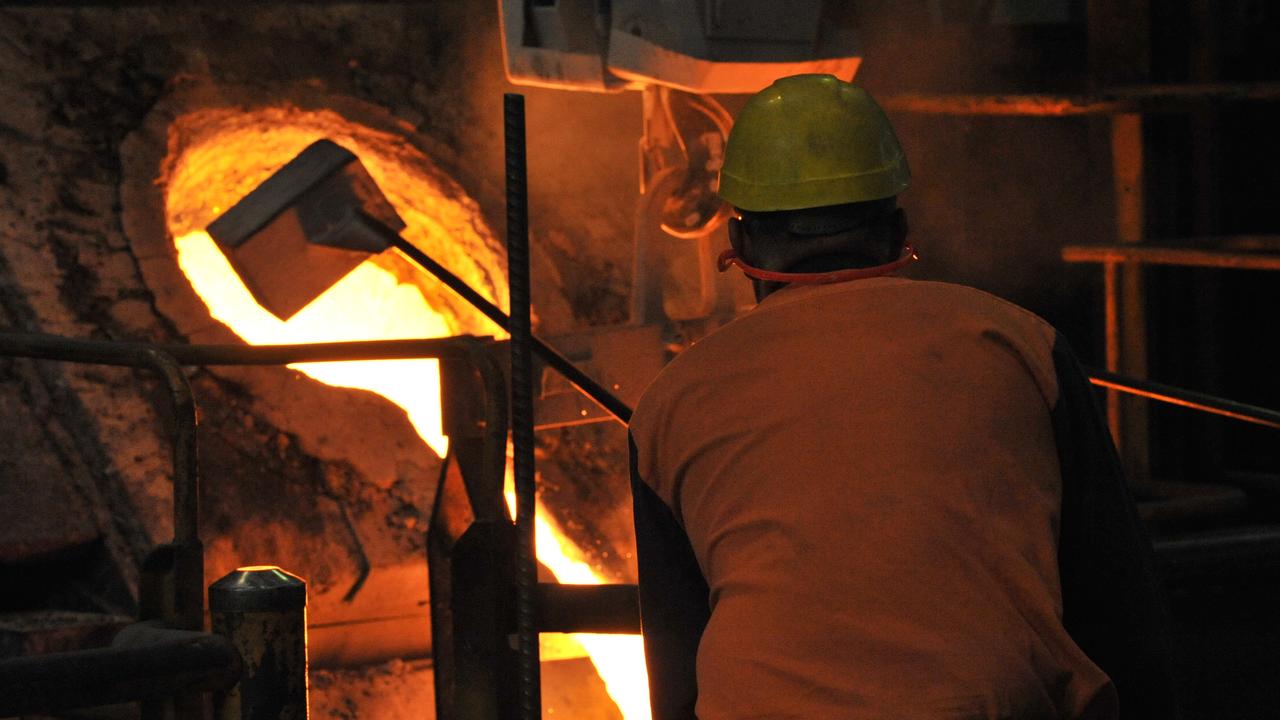
The top organization in the industry states it will keep collaborating with the federal government to lobby for an exception from the Trump administration.
“Subsequent disturbances in the international steel market might result in Australia becoming a repository for cheap imported steel,” warned Mark Cain, CEO of the Australian Steel Institute.
Australia spent nine months campaigning before it obtained a tariff exemption during President Trump’s initial term.
In 2024, the US imported 289 product categories totaling $US147 billion ($A229 billion). The imports were predominantly composed of aluminium, which accounted for almost two-thirds, and steel, making up about one-third of the total value, as per data from the US International Trade Commission via the Census Bureau.
The 25 percent tariffs on steel and aluminum were some of the first measures put in place shortly after Mr. Trump returned to the White House in January, becoming effective in March.
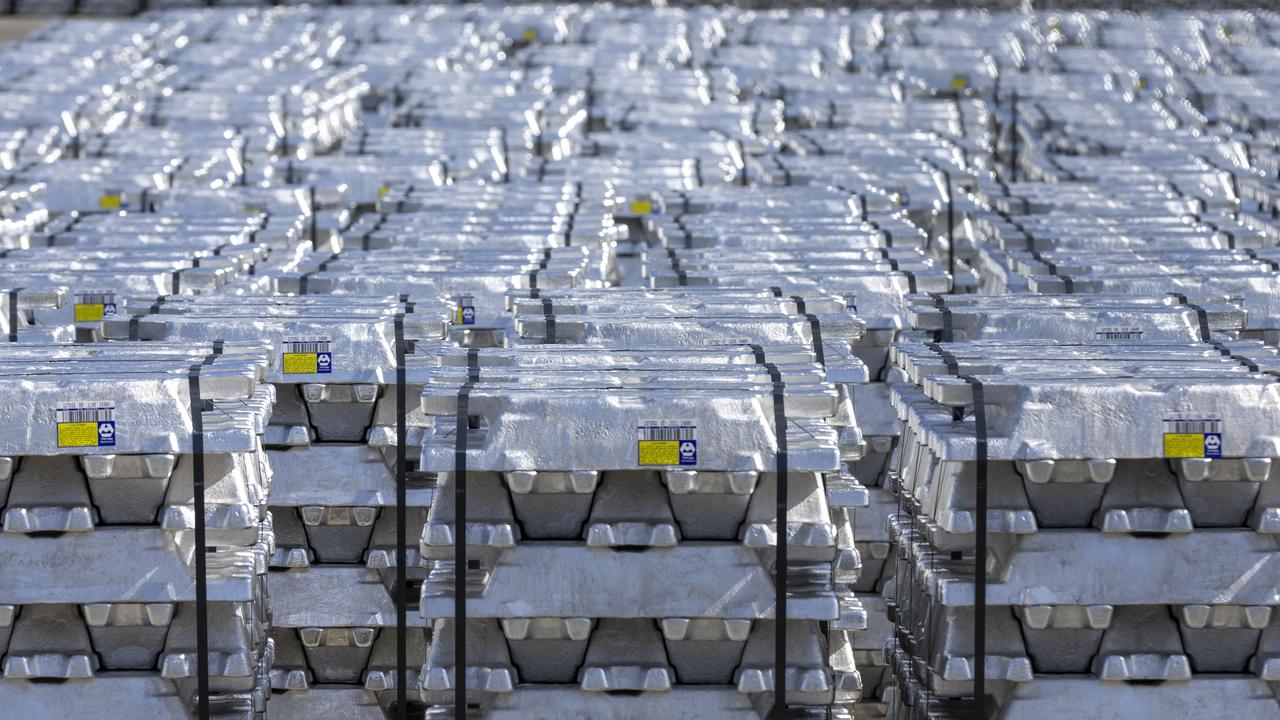
Products from Australia come with a standard 10 percent import duty, whereas every steel and aluminum shipment entering the United States encounters a 25 percent tariff prior to President Trump’s recent statement.
The Court of International Trade based in New York ruled
the US president has exceeded his power
by imposing the tariffs.
The administration has initiated an appeal, lamenting that “judges who have not been elected” should not determine how to tackle a “national crisis.”



